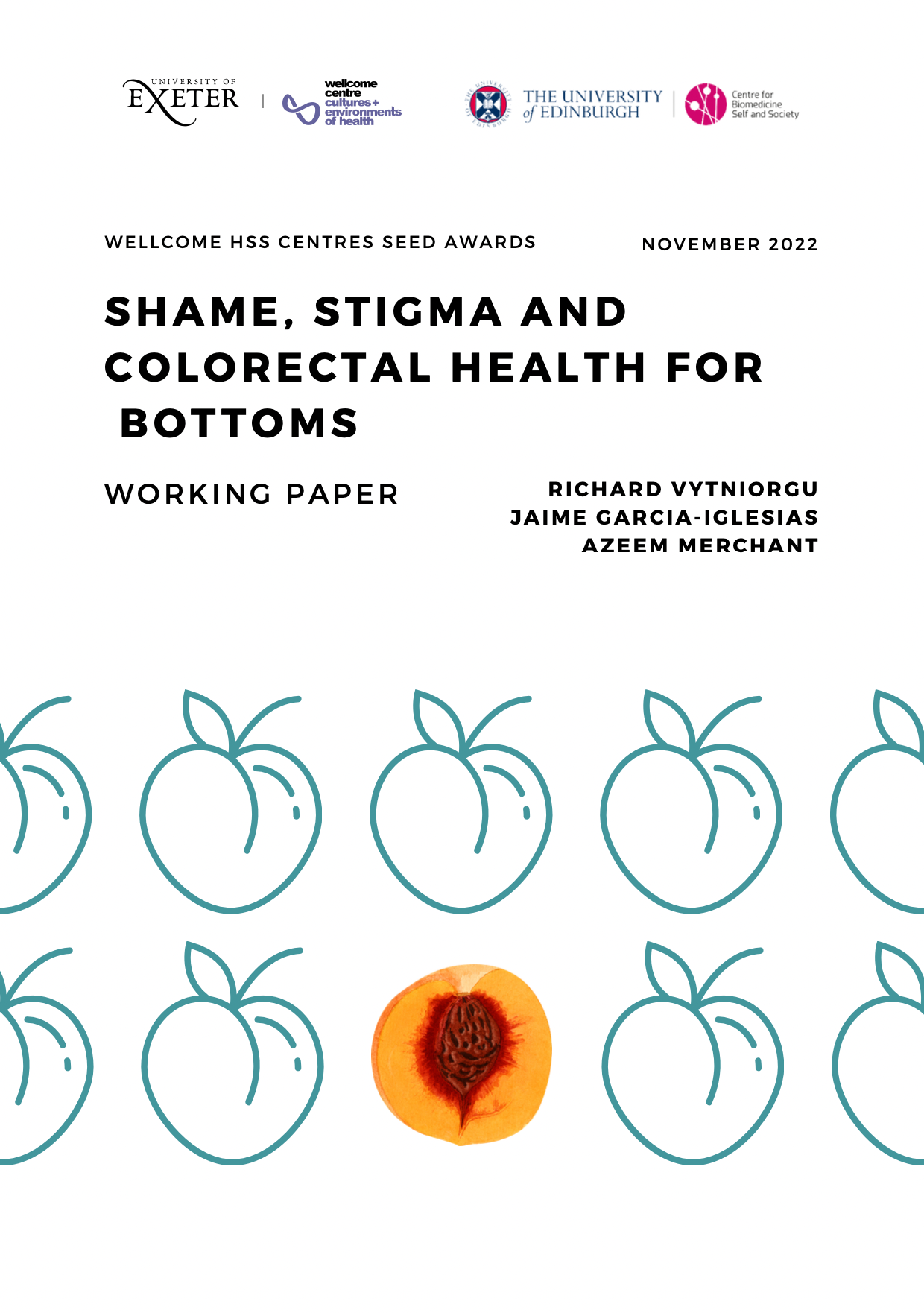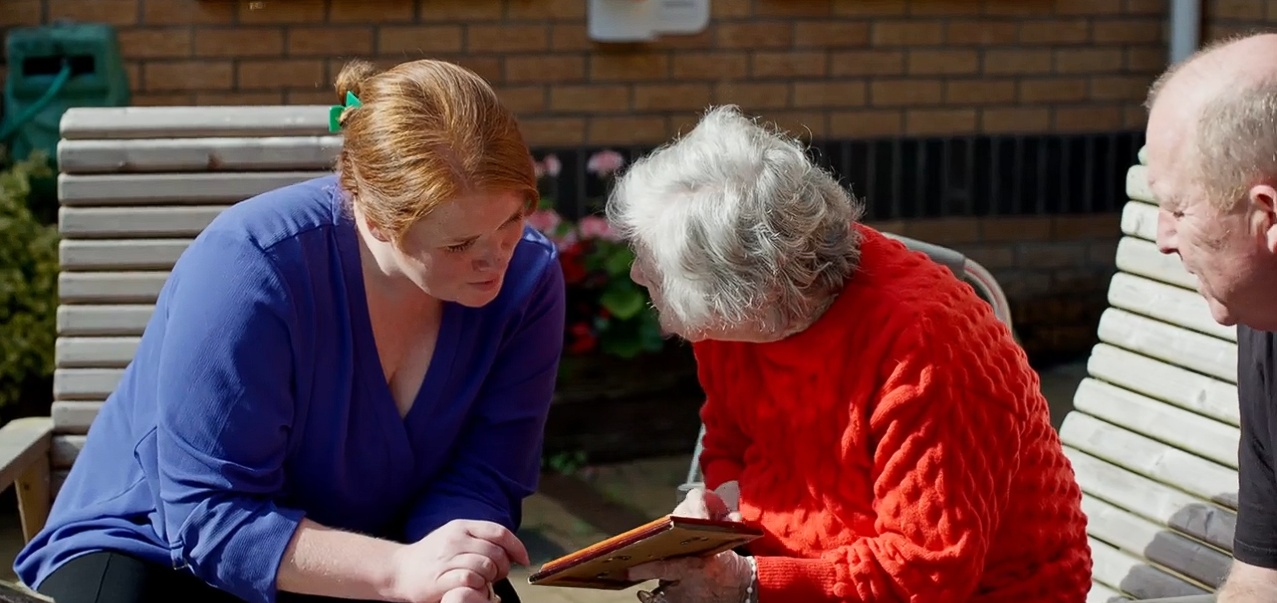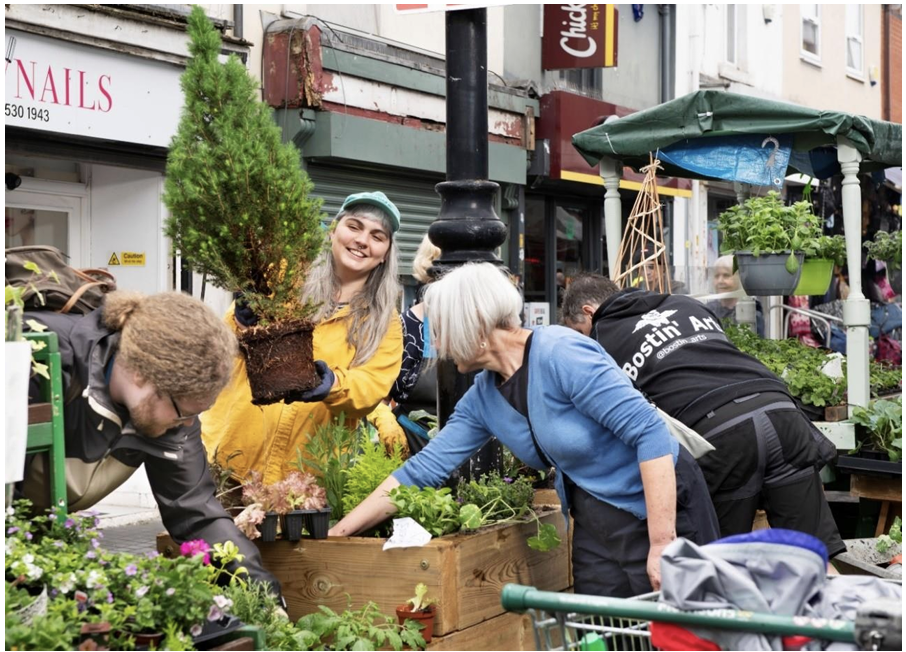
-
Download document
إنجليزية (pdf, 2,16 MB)
Shame, stigma and colorectal health for bottoms
The term bottom refers to men who prefer to engage in receptive anal intercourse (known as 'bottoming') with other men. This term, which has a long history among the communities of gay, bisexual, and men who have sex with men (GBMSM), points to multiple realities: while some men make being bottoms a key element of their sexual identity, others see it as one of the many sexual practices they engage in. In recent years, bottoms have garnered unprecedented attention from the media. Outlets and industry awards have sought to rank which adult entertainers are the best bottoms [1]. Even the lexicon of bottoming is constantly being updated with the birth of new terms such as power bottom (an energetic or dominant bottom). In more mainstream media, Troye Sivan's 'Bloom' was heralded as a 'bottoming anthem' on its release in 2018 – accompanied by the hashtag '#bopsboutbottoming' [2].
These discourses, however, coexist with deep-seated anxieties about bottoms and bottoming: even a cursory online search reveals that bottoming is marred by worries about how to 'prepare' for anal sex (that is, how to clean the rectum before sex, often via means of water enemas known as 'douching'), concerns about how to cope with pain, or anxieties the increased vulnerability to HIV transmission. In the words of Instagram poet @GrindrHaikus, 'bottoming takes work'. In addition, the bottom sexual position has long been associated with a lack of masculinity or submissiveness, revealing complex gender intersections which bottoms inhabit. Anxiety and shame are deepened when bottoms experience health concerns, particularly colorectal conditions, such as IBS (irritable bowel-syndrome) [3], haemorrhoids, or colon cancer - making it difficult to bottom.
This working paper reports on a Wellcome Humanities and Social Sciences Research Centres Collaborative Research seed award that sought to identify key stakeholders and issues around bottoms and colorectal healthcare. We are interested in exploring how bottoms navigate the anxieties and shame that surround bottoming when accessing colorectal healthcare as well as how those anxieties and fears influence their relationships to providers and on clinical outcomes. This is a preliminary project that sought to identify who the key stakeholders were for this research, what were their key concerns and questions, and what language should be used to represent these.
This project builds on our long-standing interests in cultural representations of bottoms' sexual and gendered identities and practices (Vytniorgu, 2022; 2021), and on the impacts of sexual pleasure and desires on health (Garcia-Iglesias, 2022).
We argue that quality colorectal healthcare requires a deep understanding of the cultural and social background of bottoming to support patients' sexual wellbeing.
In this project, we have focused on bottoming among gay, bisexual, and men who have sex with men (GBMSM). We did so because their practices are framed within specific gender dynamics of masculinity (or lack thereof) and cultural tropes. Nonetheless, there is a growing recognition that not only men engage in anal sex. Clinical practice should also appreciate that women have and enjoy anal sex - even more so in recent years (Gana & Hunt, 2022).
References
Gana, T. & Hunt, L. M. (2022). Young women and anal sex. BMJ378:o1975:https://www.bmj.com/content/378/bmj.o1975.
Garcia-Iglesias, J. (2022). The eroticising of HIV: Viral fantasies. Palgrave.
Vytniorgu, R. (2022). Effeminate gay bottoms in the West: Narratives of pussyboys and boiwives on Tumblr. Journal of Homosexuality. https://doi.org/10.1080/00918369.2022.2048167.
Vytniorgu, R. (2021). Gay nettersexuality: Grindr, porn, and non-being in Nick Comilla's Candyass. Masculinities: A Journal of Identity and Culture, 16, 33-58. Retrieved from https://dergipark.org.tr/en/pub/mjic/issue/70175/1126097.
Notes
[1] https://www.thesword.com/hottest-bottom-gay-porn.html
[2] https://www.buzzfeednews.com/article/alessadominguez/troye-sivan-bloom-new-era- pop-star-queer-bottom-anthem
[3] Irritable Bowel Syndrome (IBS) is a common condition that affects the digestive system, causing inflammation of the gut. It causes symptoms such as stomach cramps, diarrhoea and constipation. These tend to come and go over time, and can last for days, weeks or months at a time




